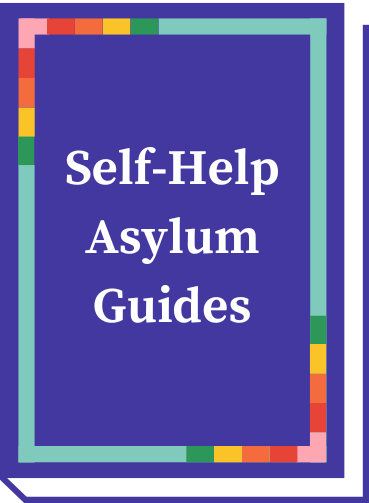Persecution
The information contained herein is for reference only and may not be up to date. It does not constitute legal advice. You should always consult an attorney regarding your matter.
Last updated: June 3, 2020
Persecution is mistreatment that is inflicted either directly by the government, or by individuals whom the government cannot or will not control. The law does not give an exact definition of what persecution is, but generally it is described as more serious than simple harassment or discrimination. Nevertheless, many kinds of mistreatment might rise to the level of persecution, especially if the abuse was frequent over a long period of time.
Some examples of persecution by the government include:
- The police pretend to be gay men on a dating app, and then arrest actual gay men when they show up for a date;
- A military officer offers a ride to a lesbian with a flat tire, brings her to a deserted field, and rapes her “to show her what a real man feels like”
- The police raid a gay club, bring several gay men to the local jail, throw them in with the general population, and tell the criminals to “teach these faggots a lesson”
The following are some examples of persecution which the government cannot or will not control:
- A transgender woman is beaten up on the street by a gang, telling her “to act like a man.” When she tries to report the incident to the police, the authorities tell her that if she didn’t dress in women’s clothes this would not have happened
- The partner of a gay man is killed by a mob of angry neighbors when the two are discovered to be a couple; the surviving gay man is afraid to report the incident to the police because homosexuality is illegal in his country
It is important to note, however, that even if an applicant has not suffered past persecution, it is still possible to win asylum. The applicant would have to apply for asylum based on a fear of future persecution. In this case, the applicant must document very extensively the way that LGBTQ and/or HIV-positive individuals are mistreated in their country of origin and also demonstrate why they reasonably believe that they might be singled out for persecution.
In order to obtain asylum, an applicant must show that there is at least a 10% likelihood that they will be subject to persecution on account of their sexual orientation, gender identity, and/or HIV status, should they be returned to their country of origin.
The information contained herein is for reference only and may not be up to date. It does not constitute legal advice. You should always consult an attorney regarding your matter.
